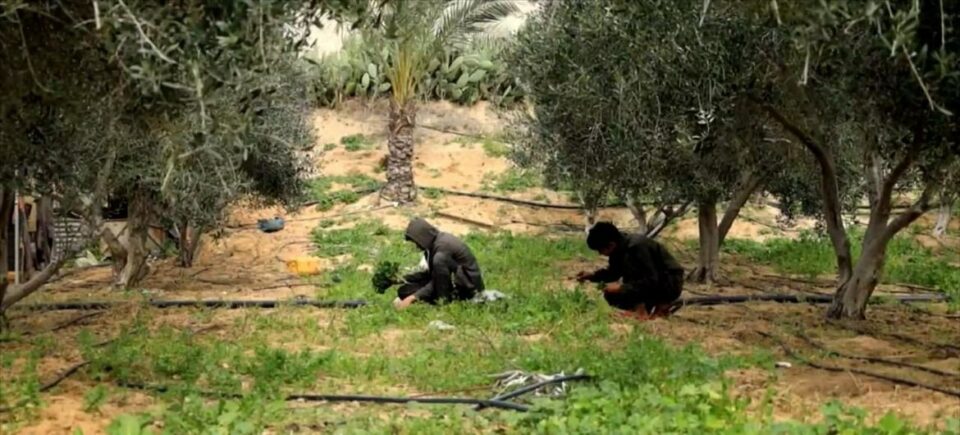UN News has learned that out of desperation, some Gazans have resorted to selling wild plants with little nutritional value in the markets of their devastated enclave. In this special report, Ziad Taleb spoke to some young people trying to make a living despite the ever-present dangers.
Also Read: Explosion At Bengaluru’s Rameshwaram Cafe; Four Injured
Their journey begins in the open fields every morning in search of these plants, which include cheeseweed – known locally as khubeezeh – which have been eaten by Palestinians as side dishes for generations; now they have become a significant food source for Gazans.
UN_News_Centre
Living conditions in the besieged enclave have reached an abysmal. They are systematically deteriorating, as the latest round of violence that began on 7 October with the Hamas-led terror attacks on Israel continues to wreak havoc on the lives of Palestinian civilians.
According to the Food and Agriculture Organization (FAO), at least one in four households in Gaza now faces catastrophic levels of food insecurity or famine-like conditions.
Residents of Deir Al-Balah in central Gaza say that cheeseweed prices have risen sharply since harvesting them has become common practice. In the period before the war, edible wild plants waccessiblefree to anyone who wanted to pick them, but now people are forced to buy them with food stocks critically low and humanitarian assistance scarce.
From pharmacy student to street vendor
Young Ahmed Fayyad raises his voice in the markets of Deir Al-Balah to attract attention to his goods.
There is produce available for those who can afford it, thanks to the ingenuity of the local wartime economy—but resorting to wild plants as a staple point to the dire need and lack of nutrition that most now feel across Gaza.
He was a pharmacy student at one of Gaza’s universities just a few months ago, but his situation now is indicative of the thousands of young people who have their dreams disrupted by their families; Ahmed has turned to selling cheeseweed to support himself and his family e street after being recently displaced by the intensifying fighting in the southern city of Khan Yunis.

He spoke to UN News in the markets of Deir Al-Balah and described the suffering of young people in the city: “People who sell cheeseweed just want to make an income and work.
“There is no source of income; they have been sitting at home for five months and want to make money. They want to feed them. They also need goods like diapers, milk, and other things. They have responsibilities. They say, ‘ I’m going to make a living by selling cheeseweed or anything else, even if it’s grass.”
Abu Ali was displaced from the Shuja’iyya neighbourhood in Gaza City. He said cheeseweed is widely available on the market. Other food items are simply out of reach. “If we want to buy a bottle of cooking oil today, it costs about 20 shekels ($5.56). Good food is expensive,” he added.

A land devoid of necessity, the UN Food and Agriculture Agency (FAO) says that cent6 per cent of land for growing crops in the Gaza Strip has been destroyed due to the war, with 7 per cent of its water being unfit for human consumption.
According to reports by the Relief Agency for Palestine Refugees (UNRWA), aid entering the Gaza Strip provides the needs of no more than three per cent of its population.
Before the start of this latest conflict, 500 trucks of commercial and humanitarian supplies entered Gaza every day. Today, that number has dwindled to an average of 98 trucks this month, passing through the Rafah and Karam Abu Salem (Kerem Shalom) crossings to the south.
The UN has been unable to deliver any aid since 23 January to areas north of the Gaza Valley, where famine is looming, and people have been forced to resort to eating animal feed to stay alive.
UN Humanitarians on the ground in the occupied Palestinian territory report that aid convoys heading to northern Gaza continue to come you. They aree and are being denied access by Israeli authorities.

As an independent media platform, we do not take advertisements from governments and corporate houses. It is you, our readers, who have supported us on our journey to do honest and unbiased journalism. Please contribute, so that we can continue to do the same in future.

